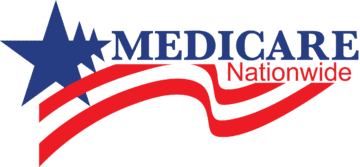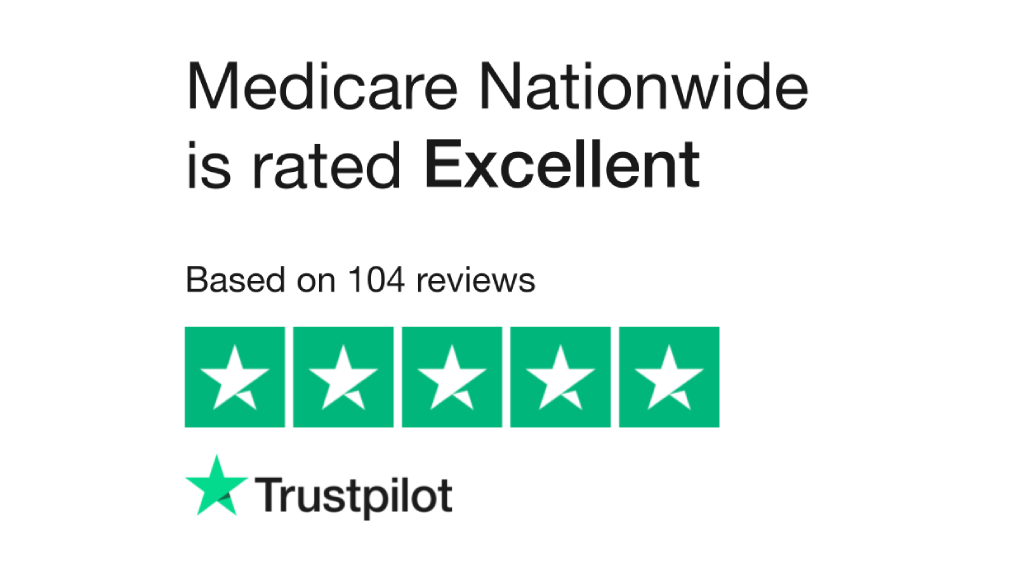Knowing if Medicare Covers the Expense
To determine if an expense is covered by Medicare, Medicare recipients can refer to official Medicare resources. The official Medicare handbook, Medicare.gov website, and contacting medical billing providers can help verify if a particular service or treatment is eligible for Medicare coverage.
What Medicare Doesn’t Cover
Medicare does not cover certain services and treatments which means Mutual of Omaha Plan G will also not cover them, including:
- Vision: Routine eye exams, eyeglasses, and contact lenses.
- Dental: Most dental care, including routine check-ups, fillings, and dentures.
- Hearing: Hearing aids and routine hearing exams.
- Transportation: Non-emergency transportation to medical appointments.
- Long-Term Care: Custodial care in nursing homes or assisted living facilities.
- Acupuncture: Acupuncture treatments and services.
Medicare Advantage Plans and Out-of-Pocket Expenses
Medicare Advantage plans, an alternative to Original Medicare, may offer coverage for services not covered by Medicare, such as vision, dental, hearing, transportation, and acupuncture. However, it’s important to note that Medicare Advantage plans often have out-of-pocket expenses, including copayments, deductibles, and coinsurance, which can increase healthcare costs.
Prescription Drug Coverage and Medigap Plans
Currently, no Medigap plan, including Plan G, provides coverage for prescription drugs. Medicare recipients who need prescription drug coverage can either enroll in a standalone Part D prescription drug plan or opt for a Medicare Advantage plan that includes drug coverage. This ensures access to necessary medications and helps manage prescription drug costs.
Conclusion
While Mutual of Omaha’s Plan G offers comprehensive coverage for Medicare-approved services, it’s essential to be aware of the expenses it doesn’t cover. Medicare limitations include vision, dental, hearing, transportation, long-term care, and acupuncture. However, Medicare Advantage plans may provide coverage for some of these services, although they often involve out-of-pocket expenses. Additionally, Medicare recipients need to obtain prescription drug coverage separately through a Part D plan or a Medicare Advantage plan with drug coverage. By understanding these limitations and exploring additional coverage options, Medicare beneficiaries can make informed decisions to ensure their healthcare needs are met effectively.

